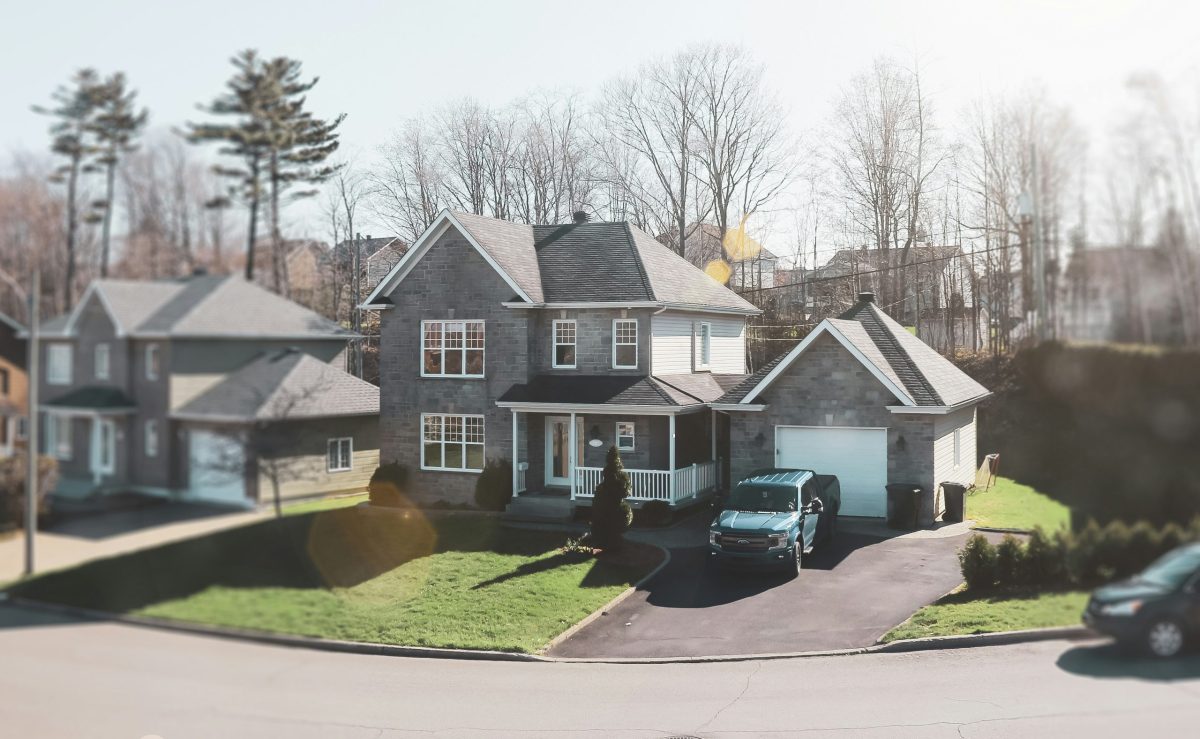Homeownership has long been considered a cornerstone of the American Dream. From tax breaks to building equity, it’s often painted as the obvious next step once you have a stable income. But not all reasons to buy a home are equally wise—and some are downright dangerous if they mask deeper financial issues.
Let’s take a closer look at three of the most commonly cited reasons to buy a home, explore why some make sense and others don’t, and offer a more grounded view of what homeownership should be about.
3 Common Reasons to Buy a Home
Ask most people why they bought their home, and you’ll likely hear one or more of the following:
- “It’s a form of forced savings.”
- “It makes my housing expenses more predictable.”
- “Once it’s paid off, I’ll have way more cash flow.”
All of these sound logical, but only two really hold up as strong reasons—especially if you’re not financially prepared.
Why “Forced Savings” is a Flawed Strategy
The idea here is that paying a mortgage is like paying yourself—you’re building equity instead of “throwing away money” on rent. But here’s the truth: if you need a mortgage to force you to save, your financial foundation probably isn’t strong enough for homeownership in the first place.
Let’s be real: it shouldn’t take the threat of foreclosure to motivate you to manage your money. If you’re not already saving, paying off debt, and spending within your means, a 30-year mortgage isn’t going to magically instill financial discipline. In fact, it could backfire hard—locking you into a payment you can barely afford, while ignoring other urgent needs like emergency savings or high-interest debt.
Yes, owning a home can build wealth over time—but it’s not where you start building wealth. It’s where you go once you’ve laid the financial groundwork.
The Real Advantages of Homeownership
So when does buying make sense? Two real advantages are:
✅ Predictable Housing Costs
With a fixed-rate mortgage, your principal and interest won’t go up—unlike rent, which usually increases over time. This makes long-term planning easier.
✅ Long-Term Cash Flow Once Paid Off
Eventually, your mortgage will be gone. And when it is, you’ll have dramatically lower monthly expenses. That’s a huge win, especially in retirement, when steady cash flow is crucial.
Don’t View Your Primary Home as an Investment
At the end of the day, you’re buying a home to live in. That’s it. Since you’ll always need housing, it only makes sense to work toward eventually owning your home outright and eliminating your biggest expense.
I don’t look at my home as an investment strategy. I look at it as a stability strategy—a long-term plan to stop renting, reduce monthly costs, and free up future cash flow. That’s the goal.
Now, that doesn’t mean buy just anything. You still want a home in a location with strong fundamentals, where property values will reasonably hold. But don’t chase appreciation or count on home equity to save your financial plan. Homeownership should be about control, consistency, and long-term peace of mind—not speculative gain.
When Renting Can Be the Smarter Move
That said, renting often makes a lot of sense—especially in the short term:
- ✅ No maintenance costs
- ✅ More flexibility
- ✅ Easier to move for career or life changes
- ✅ Can be cheaper month-to-month, especially with roommates
When you rent, your monthly cost is the ceiling—you know your rent won’t suddenly jump unless you move or your lease ends. For a homeowner, the mortgage is just the floor. You still have to account for repairs, property taxes, insurance, HOA fees, and unexpected costs (like that roof leak you didn’t budget for).
If you’re trying to aggressively pay off debt, build an emergency fund, or grow a business, renting can help you lower expenses, increase flexibility, and build wealth faster in the short term.
But you may ask:
“If costs can still go up with either renting (due to market demand) or ownership (due to taxes and insurance), why not just rent forever?”
Because here’s the honest answer:
Try finding a 2,800 square foot home in Durham, NC for $600–700 a month in rent. You won’t. But that’s what our housing costs are now—with the mortgage paid off. That’s the long-term game.
Owning your home outright doesn’t just reduce housing costs—it redefines them. It gives you a level of stability and affordability that renting simply can’t touch. It’s a life-changing discount that only exists on the other side of a paid-off mortgage. Renters never get that.
Final Thought: Buy for Stability, Not Status
Buying a home isn’t a financial cure-all. It’s not a reward for landing a good job, graduating from school, or getting married. And it’s definitely not a substitute for financial discipline.
When done right, homeownership can help you reduce long-term expenses and gain control over your living situation. But if done for the wrong reasons—like trying to force savings or “level up” before you’re ready—it can become a burden, not a blessing.
Build your financial habits first.
Use renting strategically.
And when the time is right, buy for stability—not speculation.

Leave a Reply